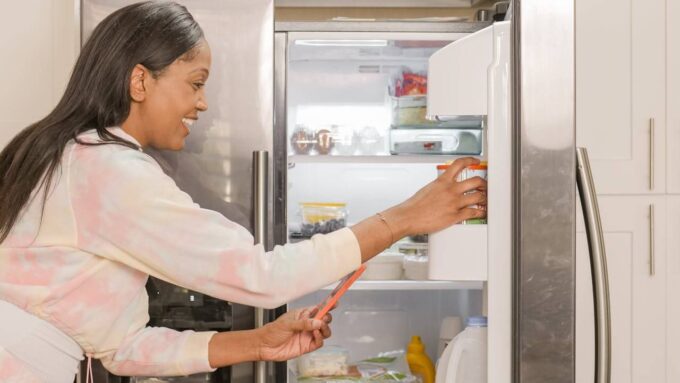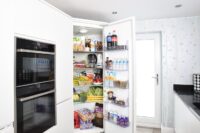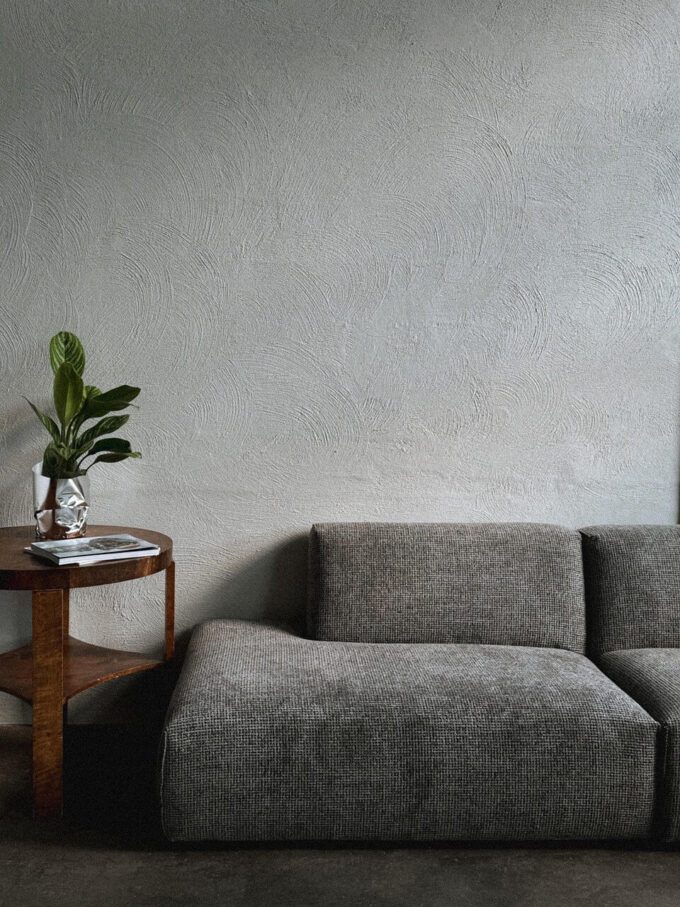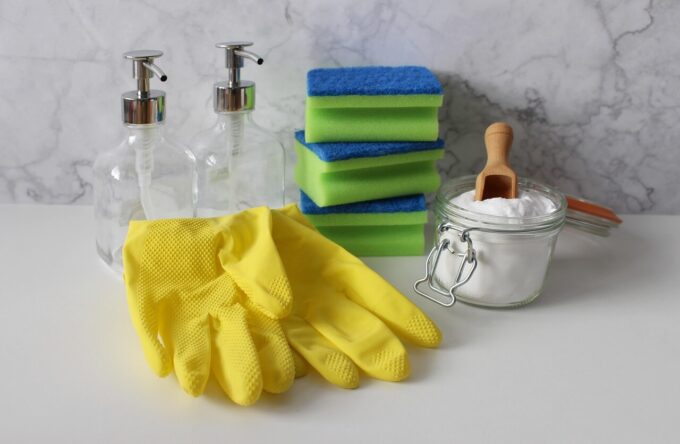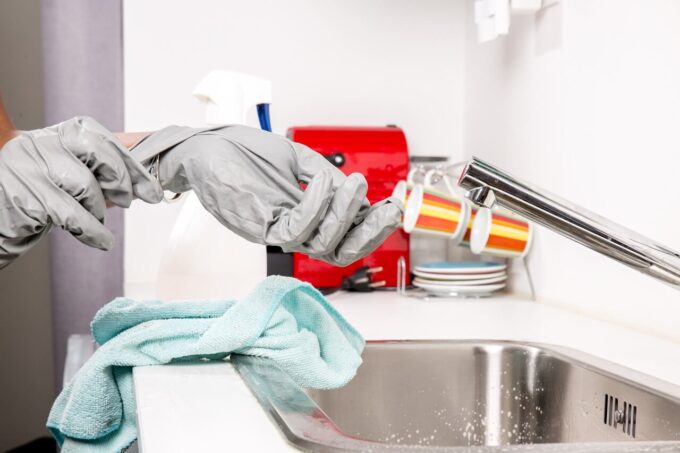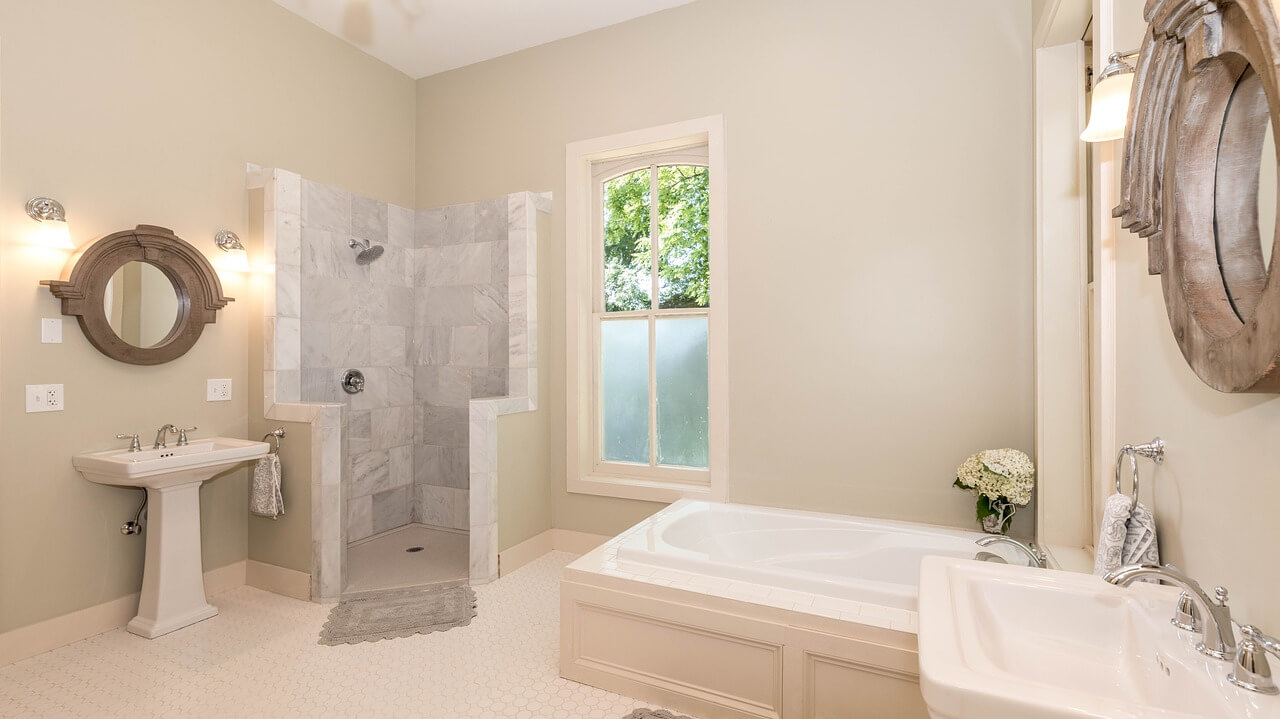
Those cloudy, whitish residues marring your bathroom surfaces? They’re telltale signs of mineral-rich water supply. When water containing elevated calcium and magnesium levels evaporates, it leaves behind these stubborn deposits that transform even meticulously maintained bathrooms into seemingly neglected spaces.
Beyond their unappealing appearance, these mineral accumulations can gradually deteriorate surfaces when ignored. Fortunately, effective removal methods exist, alongside preventative measures to minimize future buildup. This comprehensive guide explores household remedies, maintenance techniques, and professional solutions to restore your bathroom’s pristine condition.
Understanding Mineral Residue: Origins and Prevention Strategies
The Science Behind Mineral Deposits
These chalky residues form during evaporation, as dissolved minerals concentrate and adhere to surfaces. Problem areas typically include:
- Transparent shower enclosures
- Bathroom wall coverings
- Metal fixtures and water dispensers
- Porcelain and ceramic basins
Proactive Approaches to Minimize Formation
Addressing mineral deposits before they develop saves considerable effort:
- Water Treatment Systems – Installing mineral filtration equipment reduces calcium and magnesium concentration before water circulates through your home
- Surface Protection Products – Applying specialized barrier sprays creates invisible shields that repel mineral-laden water
- Post-Use Maintenance – Quickly removing moisture with absorbent cloths after bathing prevents evaporation and subsequent mineral deposition

Household Solutions for Removing Existing Deposits
Common kitchen ingredients often outperform commercial products when tackling mineral buildup:
1. Acetic Acid and Sodium Bicarbonate Combination
This powerhouse pairing effectively dissolves established deposits.
Application Method:
- Combine equal measurements of distilled white vinegar and water in a spray container
- Thoroughly coat affected areas and allow 15 minutes of contact time
- Apply baking soda to a dampened sponge and gently work in circular motions
- Rinse surfaces thoroughly and dry completely
2. Citrus Solution for Natural Restoration
Citric acid naturally breaks down mineral compounds while imparting fresh fragrance.
Application Method:
- Apply fresh lemon directly to affected surfaces
- Allow 10-minute dwell time for acid to dissolve deposits
- Wipe with moistened cloth
- Rinse and dry thoroughly
3. Oxygen-Based Cleanser for Resistant Accumulations
When standard approaches fail, this more powerful solution tackles stubborn buildup.
Application Method:
- Create a paste using 1/2 cup hydrogen peroxide and 2 tablespoons baking soda
- Apply mixture directly to problem areas
- Allow 15-minute contact period
- Scrub gently, rinse completely, and dry surfaces
Restoring Transparency to Shower Glass
Glass enclosures present particular challenges when removing mineral residue:
Methodical Glass Restoration Process
- Apply Acidic Solution – Coat glass surfaces with equal parts vinegar and water solution, allowing 10-15 minutes contact time
- Gentle Abrasion – Use soft sponges or microfiber materials to avoid scratching while removing loosened deposits
- Specialized Tools – For persistent spots, melamine foam cleaners (often marketed as “magic erasers”) effectively lift remaining residue
- Final Treatment – Thoroughly rinse with warm water and immediately dry with lint-free cloths
Maintaining Crystal-Clear Enclosures
- Keep water removal tools accessible in shower areas
- Consider automotive glass treatments that enhance water sheeting and prevent droplet formation

Commercial Solutions for Stubborn Deposits
When household remedies prove insufficient, these specialized products offer enhanced effectiveness:
|
Product |
Ideal Applications |
Mechanism |
|
CLR Calcium, Lime & Rust Remover |
Ceramic and glass surfaces |
Chemical dissolution of mineral compounds |
|
Bar Keepers Friend |
Metal fixtures and basins |
Non-scratching abrasive formula with oxalic acid |
|
Lime-A-Way |
Water dispensers and tub surfaces |
Targeted formula addressing both mineral deposits and soap residue |
Important Consideration: Avoid chlorine-based products on glass and chrome surfaces as they may cause long-term surface deterioration.
Rejuvenating Water Fixtures and Dispensers
Mineral accumulation particularly affects water-dispensing fixtures, compromising both appearance and function:
Restoring Fixture Appearance
- Saturate cloth with undiluted vinegar and wrap completely around affected hardware
- Maintain contact for 30 minutes
- Gently scrub crevices and details with soft bristle tool
- Rinse thoroughly and polish dry
Unclogging Water Dispensers
- Submerge head assembly in vinegar using plastic bag secured with elastic band
- Allow minimum one-hour soak (extended soaking for severe accumulation)
- Remove solution, activate water flow to flush internal channels, and wipe exterior surfaces
While mineral deposits present ongoing challenges in many households, they remain completely manageable with proper techniques and regular attention. Whether employing simple pantry ingredients or specialized commercial solutions, you can effectively eliminate existing buildup while implementing preventative measures to maintain pristine bathroom surfaces. Remember that consistent moisture removal after bathroom use dramatically reduces the need for intensive cleaning sessions.
Latest Posts
How to Clean Your Walls Without Damaging the Paint
Reality check—walls accumulate debris over time. From oily handprints around switch plates...
3 Mins readHow to Deep Clean Your Kitchen in One Afternoon
Face it—thoroughly scrubbing your kitchen rarely tops anyone’s list of enjoyable activities....
3 Mins readHow Often Should You Really Be Cleaning These 10 Things?
(Unexpected insights for a healthier home environment) Most households maintain some form...
3 Mins readHow to Attract Pollinators to Your Backyard Garden
Dreaming of a vibrant, flourishing garden space? Whether you’re cultivating vegetables, nurturing...
3 Mins read


